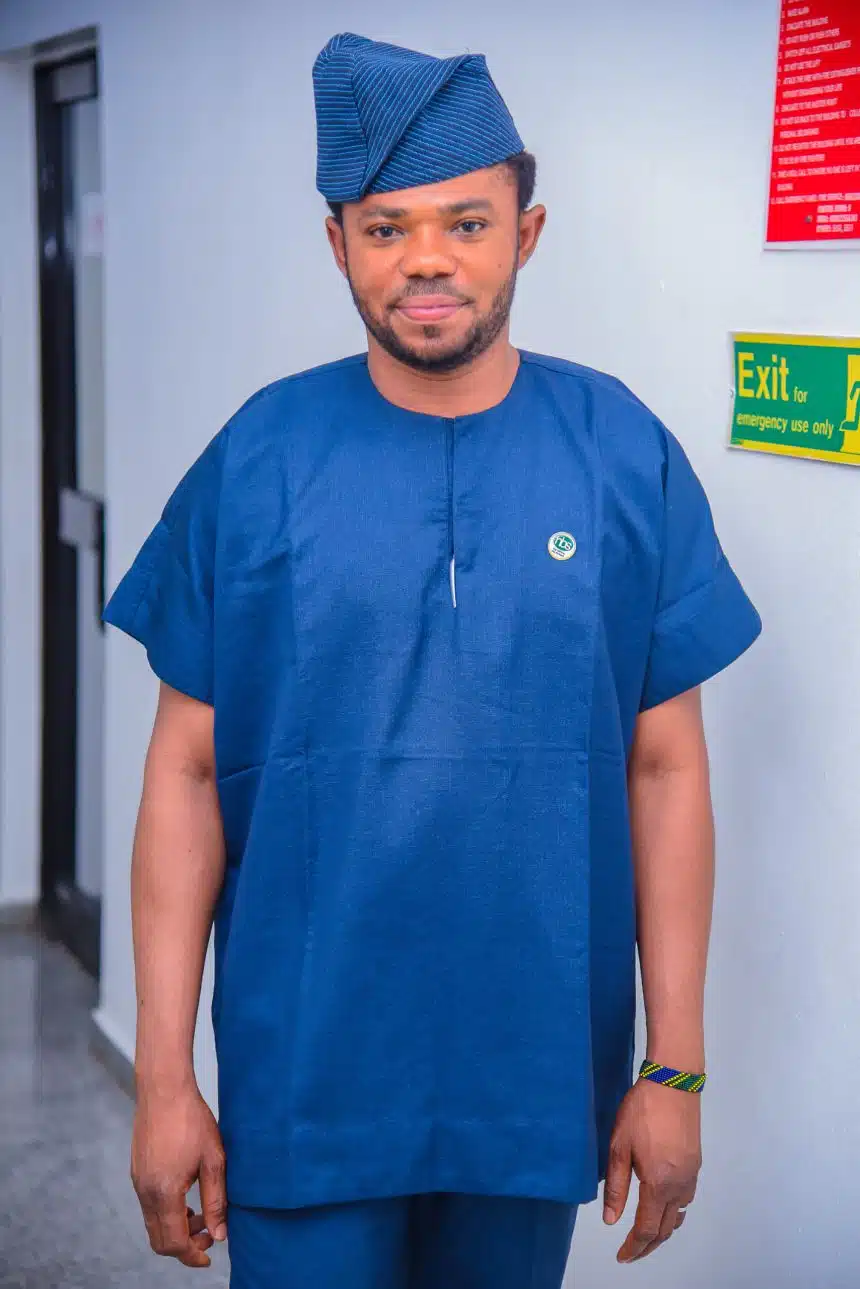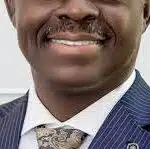Policy and public affairs analyst, Olumide Sobande, has described Nigeria’s August 16 bye-elections as a mixed bag of progress and persistent flaws, arguing that while security challenges are gradually being contained, the entrenched culture of vote-buying poses a deeper threat to the country’s democracy.
Speaking on Adamimogo 105.1 FM’s flagship political programme Inside Scoop, Sobande assessed INEC’s performance in the 16 by-elections held across 12 states. The polls, which filled two senatorial seats, five federal constituencies, and nine state constituencies, saw the ruling All Progressives Congress (APC) win 12 seats, further tightening its dominance ahead of 2027.
The policy/public affairs analyst noted that one of the most encouraging signs from the exercise was the improved role of security operatives. In his words:
“The fear of insecurity during elections is fast becoming a thing of the past. Security agents were on ground, proactive, and able to contain disruptions. Nigerians are beginning to trust that they can cast their votes without fear of violence.”
However, he warned that this progress was being undermined by the normalisation of financial inducement at polling units. Vote-buying, he lamented, is no longer discreet but now happens “in open play.”
“Vote-buying undermines the legitimacy of any election,” Sobande stressed. “It reduces the voter to a commodity and erodes the principle of free choice. The tragedy is that despite heavy security presence, political parties still found ways to hand out money. Unless we tackle this menace head-on, every electoral gain will be meaningless.”
Turnout Still Depressingly Low
Sobande also pointed to the persistent problem of voter apathy. He observed that bye-elections, being more localized than general polls, often record fewer voters, but the numbers from Saturday’s exercise were “lower than acceptable in a country craving democratic consolidation.”
He argued that economic hardship and disillusionment with politicians partly explained the low participation, yet the fact that people still showed up at all was proof of Nigerians’ continued interest in shaping their political destiny.
“In Ibadan North, for instance, nearly 30,000 people still cast their votes despite the economic situation. The winner carted home some 18,000 votes while the runner-up came in with over 8000 votes. That tells me that Nigerians want change, but they are not sufficiently inspired by what political parties are offering,” he explained.
Opposition’s Weakness, APC’s Gains
On the question of APC’s sweeping victory, Sobande noted that while incumbency power gave the ruling party a significant advantage, the opposition’s disunity and lack of strategy further widened the gap.
“This by-election is a rehearsal for 2027,” he said. “The APC is showing that it is not resting, while the opposition continues to act fragmented. Unlike 2015, when a grand coalition of opposition parties challenged power, the present crop of smaller parties lacks the coordination to upset APC’s dominance.”
For Sobande, the fundamental problem is the failure of parties to connect with voters through clear, issue-driven campaigns. He criticised politicians for focusing on rallies with entertainers rather than engaging citizens on policies that matter.
“If politicians had real programmes, they would not need to bribe voters. People would leave their homes willingly to vote for policies that promise them a better life.”
Looking ahead, Sobande urged INEC to go beyond logistics and collaborate with the National Orientation Agency (NOA) on voter education. He recommended that future voter registration exercises be tied to a nationwide awareness drive that emphasizes civic responsibility and the power of the ballot.
“INEC, civil society, and the media must work together to rebuild trust. Nigerians need to see that their votes count. Without this, we will continue to witness apathy and the dominance of money politics,” he concluded.
While the August 16 bye-elections may have passed without major violence, Sobande’s analysis reverberates the fact that the battle for Nigeria’s democracy is far from over.
As it were, the challenge is no longer just about securing polling stations but about securing the will of the people from being bought, sold, and ultimately silenced.







